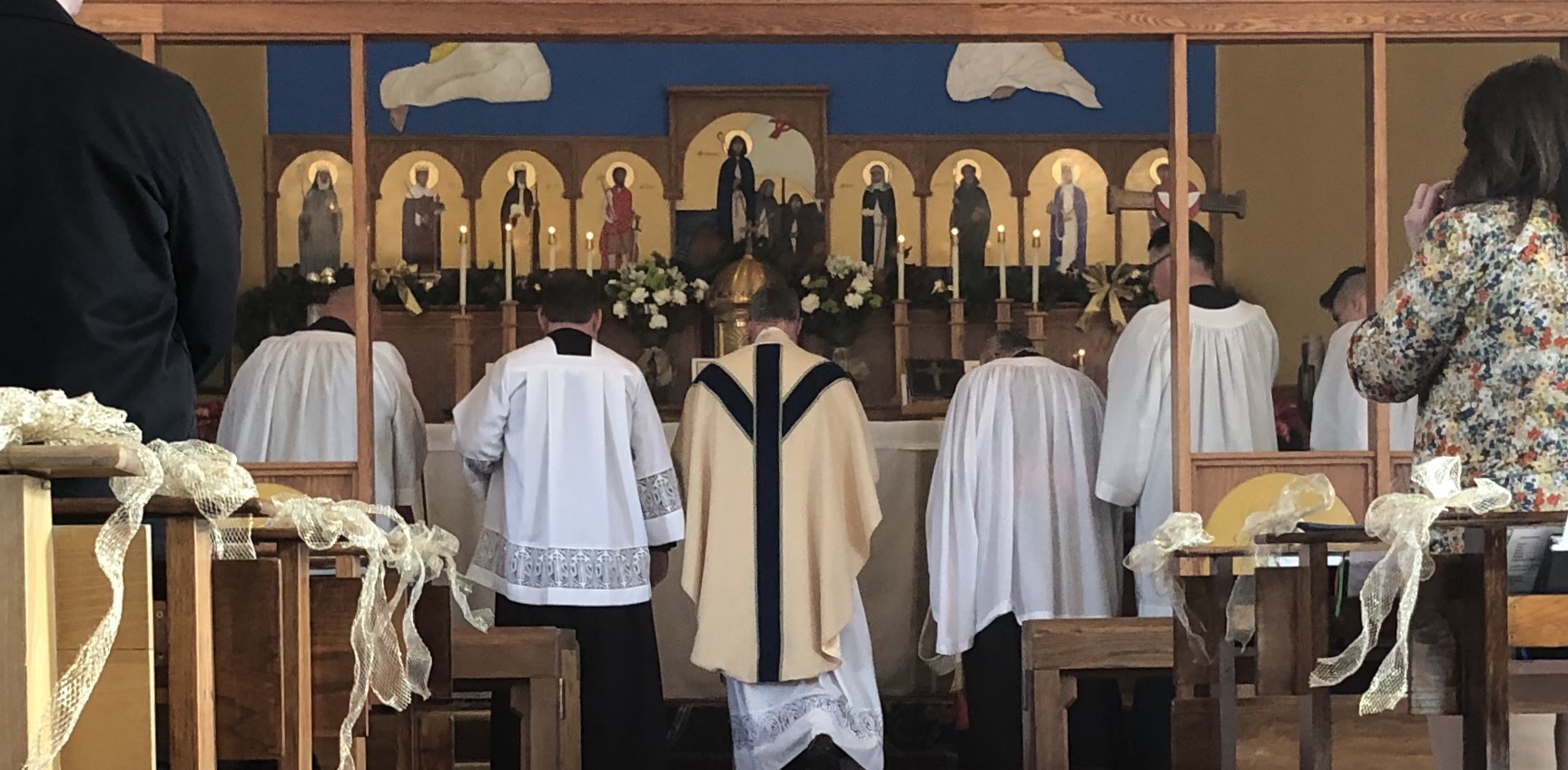In his Confessions, St Augustine speaks about being killed spiritually by certain scriptural passages which, when taken literally, seemed to teach perversity (5.24). Perhaps one such passage is 1 Samuel 15, which we read yesterday at Morning Prayer, and in which God commands the total slaughter of the Amalekites.
It is a passage which has also troubled many rabbis, and their solution, like that which St Augustine derived from St Ambrose, was to treat the passage as allegorical. For them, the Amalekites were symbolic of hatred, the last traces of which we must extirpate from our lives.
This fits in well, I think, with the other Morning Prayer reading yesterday, the story of the rich man and Lazarus (Luke 16, 19-31). For the rich man hated Lazarus, we may say, because he ignored him, his want, his need, even though he lay at the door of his house, meaning that the rich man saw him every time he went in and out of his home.
St Photios says of the rich man: ‘Remember him next time you see a beggar’ (Homily 6 for Good Friday). Remember how he burns in hell, for failing to love, for failing to show mercy and compassion.
Destroying hatred totally means for us always to show love, always to be kind and merciful.

